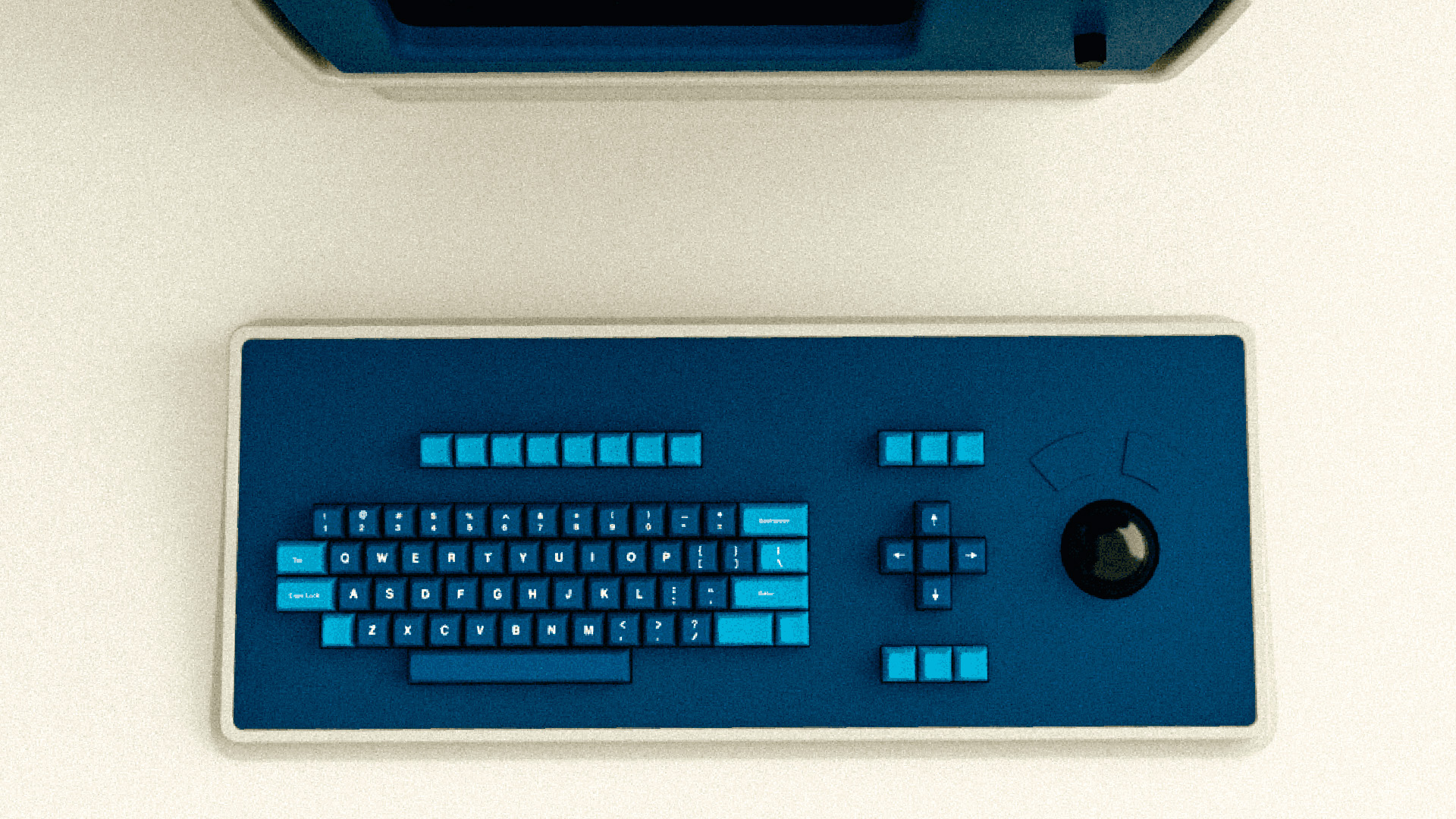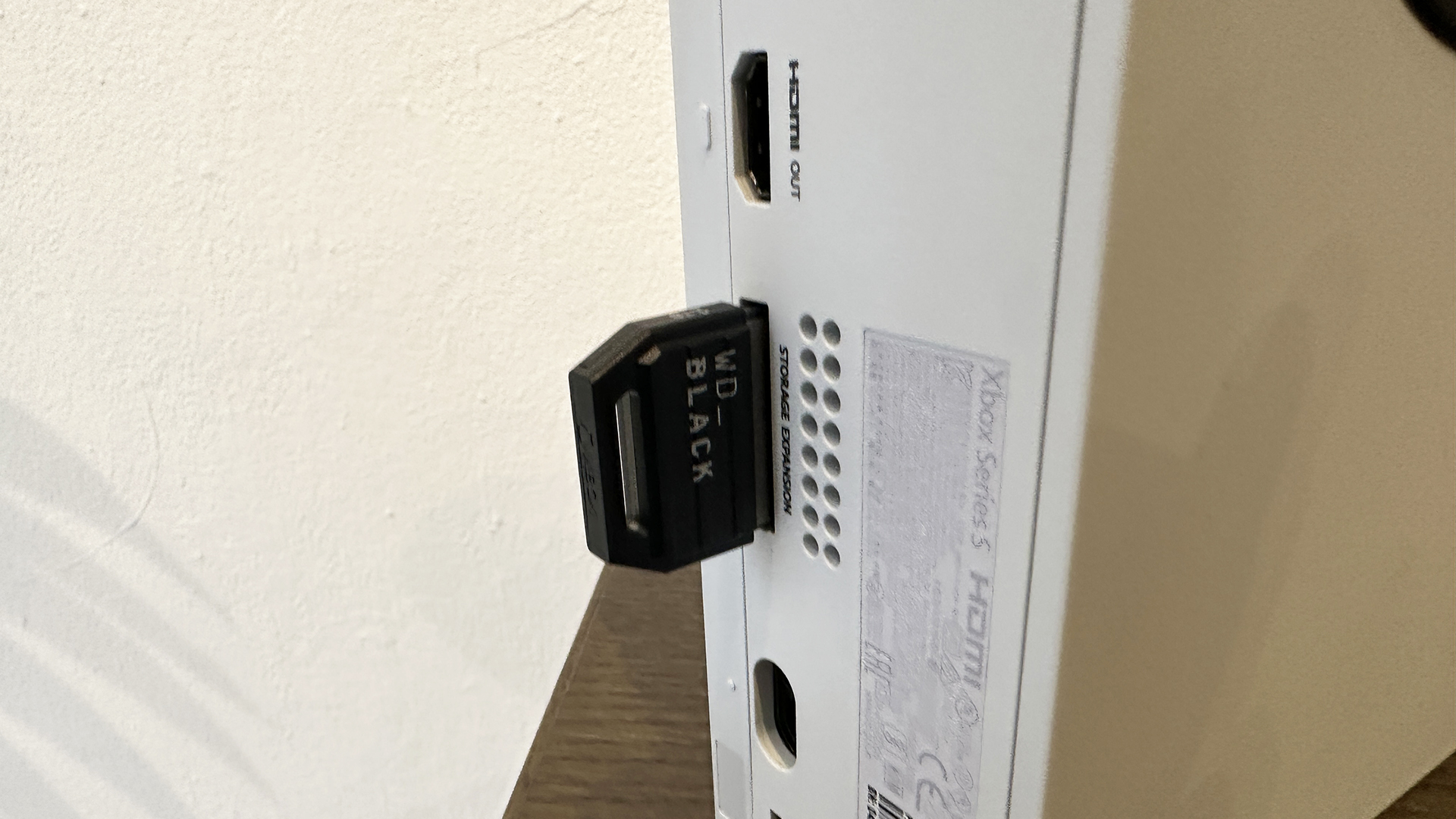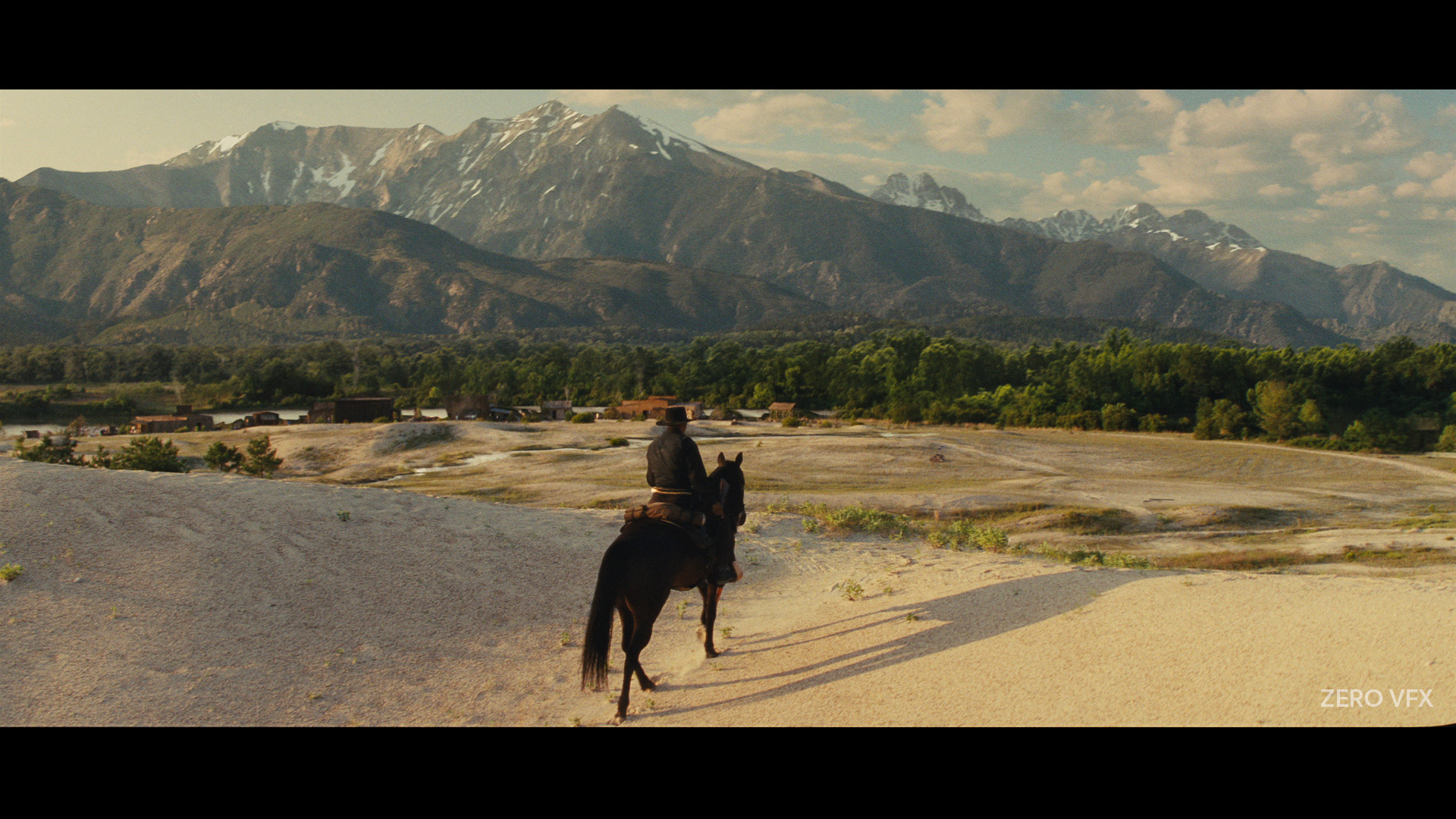

The Foundry may not be a household name, but it's a software house that deserves recognition - for the sixth year running, every single film nominated for the Best Visual Effects Award at the Academy Awards was made using its VFX tools.
The software has been used for various recent blockbusters including La La Land, Moonlight and Rogue One: A Star Wars Story. Notable winners from previous years that have used The Foundry’s software have included Ex Machina,Interstellar, Gravity and Life of Pi.
We spoke to co-founder Simon Robinson to get his take on the company's success. Simon founded The Foundry with Bruno Nicoletti, in 1996.
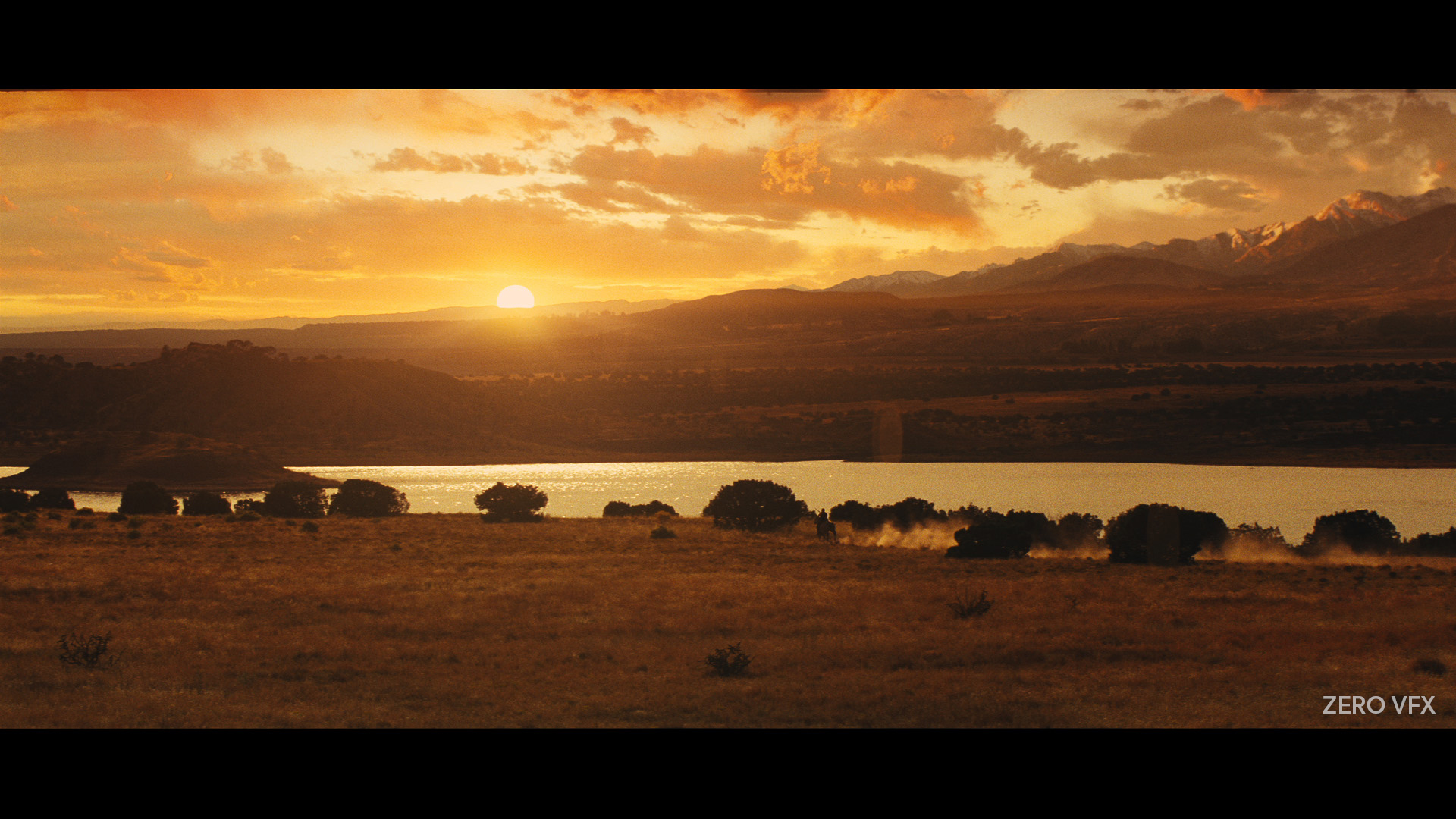
"Our initial focus was to create visual effects software for the film and television industry, but this has since branched out to other fields where visual design is required.
"Our tools are now used in games, product and industrial design and we now have exciting research projects where modern VFX techniques can be used to visualise architecture, engineering and construction designs.
T3.com: You’ve got a variety of software in your portfolio – can you choose two or three and explain how they are used in content creation?
NUKE is provides a one-stop-shop for VFX artists and is used by a huge number of VFX houses around the world, including big names like Framestore, ILM and the Moving Picture Company. CARA VR, enables content creators to build 360 degree VR content.
Sign up to the T3 newsletter for smarter living straight to your inbox
Get all the latest news, reviews, deals and buying guides on gorgeous tech, home and active products from the T3 experts
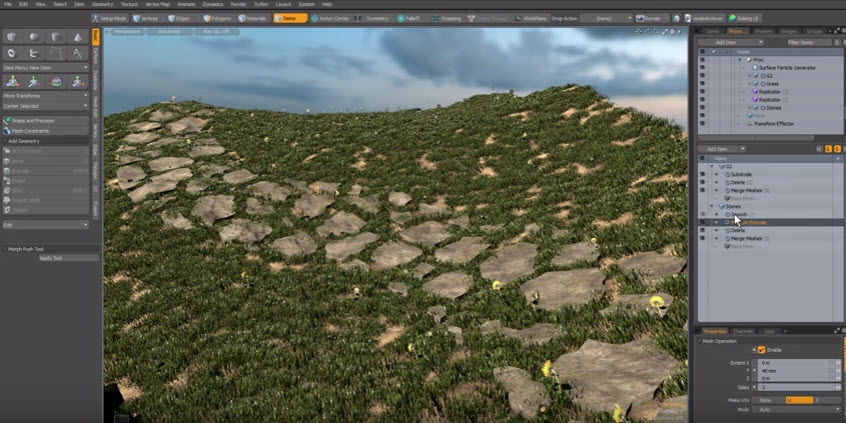
T3.com: While The Foundry’s tools are heavily involved in the film industry, what sort of uptake have you seen in other industries such as games and TV?
Computer games require the design of lifelike characters. Designers need to model items, like a drinks bottle or product packaging, in a simple way. Our latest tools are being used in areas like VR through 360 degree video stitching. As we look to the future, we’re in the middle of exciting research projects that will cater for other areas where visual designs are important.
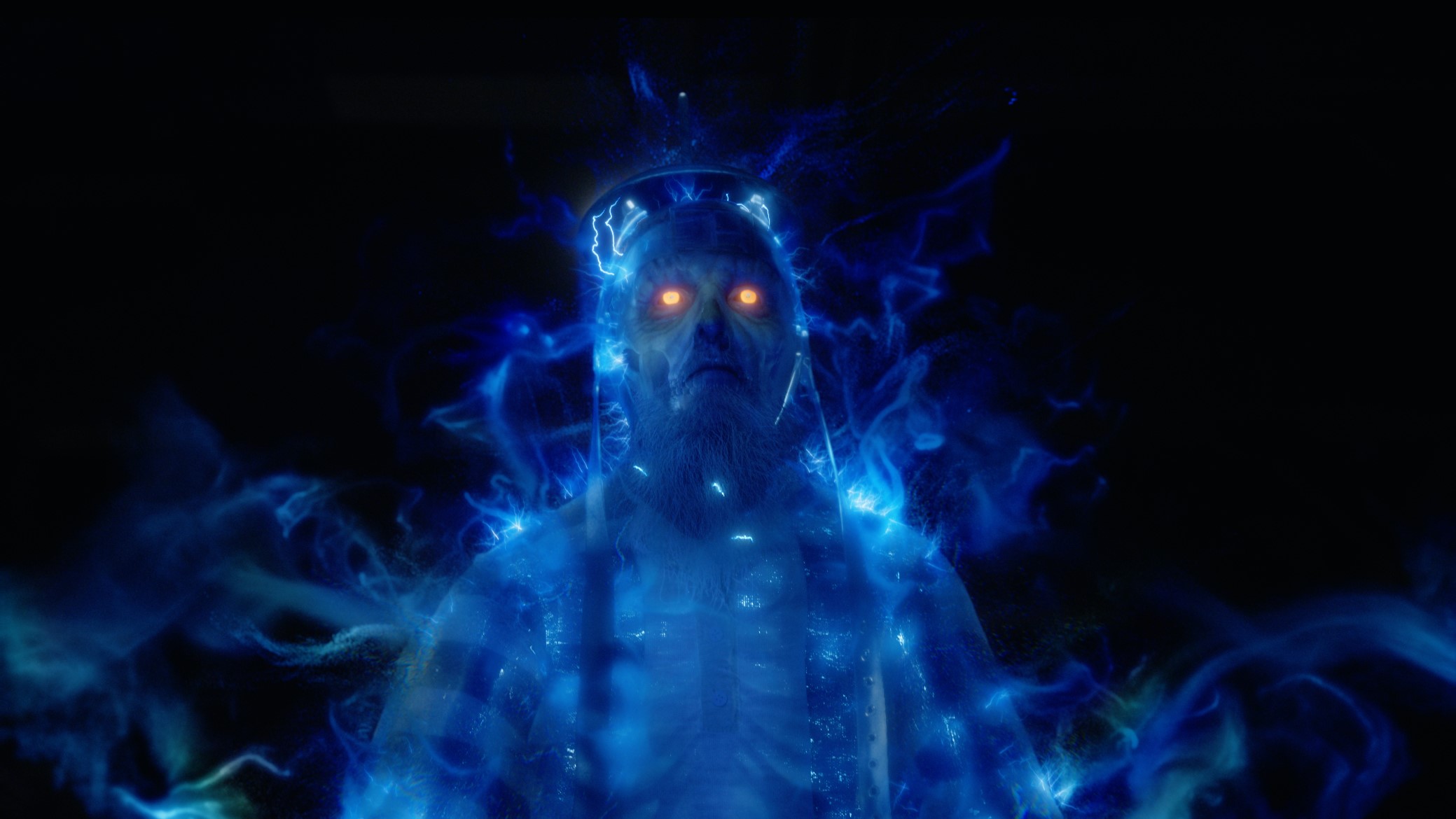
T3.com: How is The Foundry approaching the rise of VR?
VR is still very much in the early stages of adoption but it’s already clear that consumers have a real thirst for this form of content. We predict experiences will only get more immersive as technology advances. As a company, we feel there needs to be more of a focus on content creation to really drive VR into the mainstream. There’s an awful lot of hardware out there but we need content to match consumer demand if we want to see it really take off.
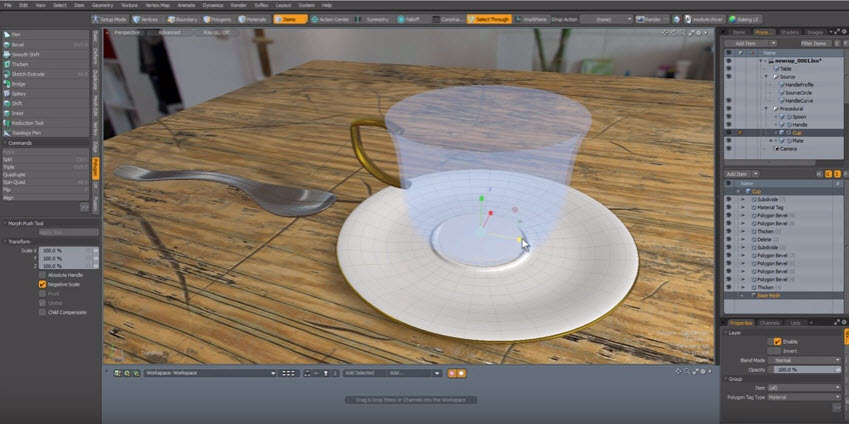
T3.com: And finally, what is the single coolest thing – in your opinion – that your software has been used to create?
It’s difficult to pinpoint one thing that stands out. We’re lucky to have worked with some incredibly creative people over the years at some of the world’s most prestigious film studios and VFX houses. Our software has been used to create some iconic things, including the Death Star in Rogue One: A Star Wars Story, spaceships in Interstellar. A recent project I am particularly proud of is the documentary No Borders, which is a 360 degree documentary on the plight of refugees in Europe. VR is a form of content that can build empathy amongst audiences like no other – by truly immersing them within the content.
Liked this? Then check out 12 movies to look forward to in 2017: hype-tastic films to stick in your calendar
Rob has been writing about computing, gaming, mobile, home entertainment technology, toys (specifically Lego and board games), smart home and more for over 15 years. As the editor of PC Gamer, and former Deputy Editor for T3.com, you can find Rob's work in magazines, bookazines and online, as well as on podcasts and videos, too. Outside of his work Rob is passionate about motorbikes, skiing/snowboarding and team sports, with football and cricket his two favourites.
